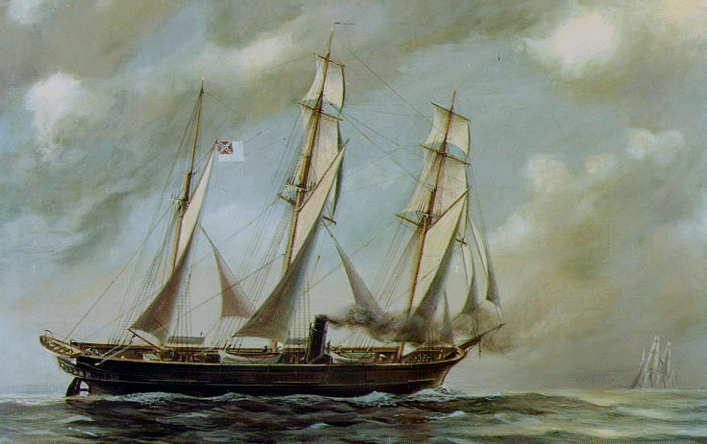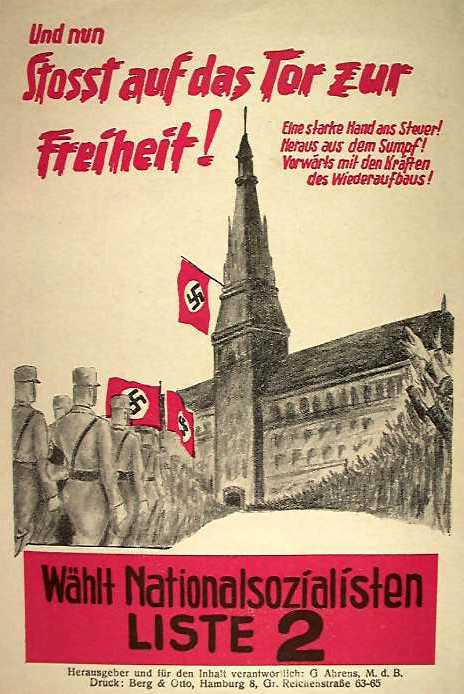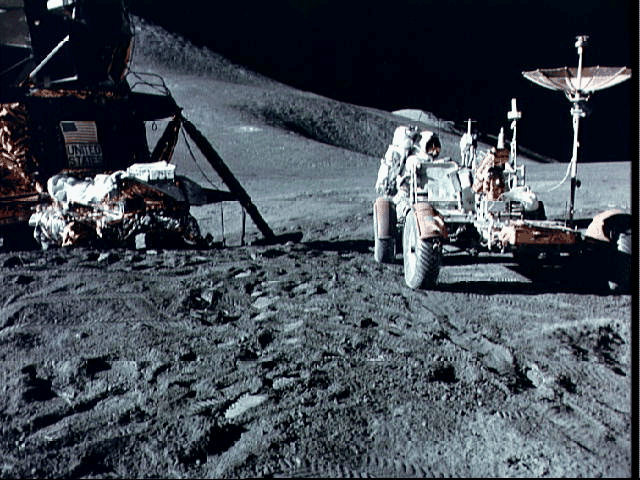
July 31
Malory wrote this classic tale of knightly love and chivalry while in prison for armed assault and rape.


1556 Death: St. Ignatius of Loyola, founder of the Society of Jesus, the Jesuit order of Catholic priests and brothers, died in Rome.

1703 English novelist Daniel Defoe is made to stand in the pillory as punishment for offending the government and church with his satire The Shortest Way With Dissenters.
1760 Ferdinand, Duke of Brunswick, drives the French army back to the Rhine River.
1776 US Revolutionary War: Francis Salvador, a plantation owner from South Carolina, becomes the first Jewish patriot to die for American independence, when he is killed in a skirmish with the British.

1790 The US Patent Office opens as the first US patent is issued to Samuel Hopkins of Vermont. Mr. Hopkins did not get Patent No.1 as thousands of patents are issued before someone came up with the bright idea to number them. The inventor patented a process for making potash and pearl ashes.

.jpg)
1809 The first practical US railroad track, wooden, for horse-drawn cars, is laid at Philadelphia.
1813 War Of 1812: The British invade Plattsburgh, New York.


1845 The Joy Of Sax: The French Army introduces the saxophone to its military band. The musical instrument is the invention of Adolphe Sax of Belgium.


1891 Great Britain declares territories in Southern Africa up to the Congo, to be within their sphere of influence.
1893 Volkishness: Adolf Josef Lanz, age 19, becomes a novice at the Cistercian monastery in Heiligenkreuz on the present Austrian-Hungarian border. Lanz was born in Vienna on July 19, 1874, but later claimed to have been born at Messina, Sicily, on May 1, 1872. To mislead astrologers, he said.

1912 Birth: Milton Friedman, in Brooklyn, New York. Born in New York's largest borough, Friedman picked up a string of degrees from schools including Rutgers University and Columbia University, before taking up a post in the University of Chicago's mighty economics department. An ardent proponent of laissez-faire economics, Friedman readily articulated his faith in a fiscal system that depended less on policy than 'natural' forces. Along the way, Friedman became the leading light of the 'monetarist' school, which, in the laissez-faire tradition, dismissed the government's role as the supposed engine of business. Rather, Friedman and his fellow monetarists believed in stable interest rates and robust money supplies. Friedman used a number of his publications, including Capitalism and Freedom, (written with his wife, Rose) to further stump against 'big Government'. While Friedman's beliefs aroused considerable criticism from liberals, leftists and even a few government-centric voices on the right, he was honoured with the Nobel Prize for Economics in 1976. The lofty award hardly slowed Friedman, who continued his battle against the perceived inanity of the Federal government's fiscal policy.
1914 WW1: The London Stock Exchange, at this time the most influential in the world, announces its closing due to war. The U.S. follows suit and for several weeks all other important exchanges will also close. (Schlesinger I)
1917 WW1: The bloody Third Battle of Ypres begins when the British attack the Germans from the northeast. The low ground, sodden with rain, has been turned into a quagmire by a preliminary 3-day bombardment, and the British advance quickly bogs down. More than 250,000 British troops will be killed capturing the small village of Passchendaele.


1925 The French complete the evacuation of the Ruhr.

1935 Holocaust: The Berlin city council bars provincial Jews from entering the city.

1941 Holocaust: Letter from Goering to Heydrich: To the Chief of the Security Police and the SD, SS Gruppenfuehrer Heydrich-Berlin-"In completion of the task which was entrusted to you in the Edict dated January 24, 1939, of solving the Jewish question by means of emigration or evacuation in the most convenient way possible, given the present conditions, I herewith charge you with making all necessary preparations with regard to organizational, practical and financial aspects for an overall solution (Gesamtloesung) of the Jewish question in the German sphere of influence in Europe. Insofar as the competencies of other central organizations are affected, these are to be involved. I further charge you with submitting to me promptly an overall plan of the preliminary organizational, practical and financial measures for the execution of the intended final solution (Endloesung) of the Jewish question." Goering (Hilberg)
1942 Holocaust: By the end of the month, 6,000 Dutch Jews have been transported to Auschwitz, where the majority are soon gassed. (Atlas)

Paulus
1942 Barbarossa: Paulus' 6th Army crosses the Don River and races for Stalingrad. Russian General Chuikov reinforces as fast as his railways allow. (Clark II)
1944 Holocaust: 1,300 Jews are deported from Drancy to Auschwitz. Among them are more than 300 Jewish orphans seized in Paris between July 20 and 24. (Atlas)

1948 U.S. President Harry Truman helps dedicate New York International Airport (later John F. Kennedy International Airport) at Idlewild Field.
1953 Death: Robert Taft, (Sen-R-Ohio), (Mr Republican), died in New York aged 63.


1964 The American space probe Ranger 7 transmits 4,316 pictures of the moon's surface before crashing on the same.
1969 The Moscow police chief reports that thousands of Moscow telephone booths have been made inoperable by thieves who have stolen phone parts in order to convert their acoustic guitars to electric.

1972 Senator Thomas Eagleton, D-Missouri, withdraws as the Democratic vice-presidential nominee, six days after disclosing previous hospitalisation and psychiatric treatment.

1976 Cold War: Six Eastern European athletes, one from the USSR and five from Romania, defect to Canada during the Olympic games in Montreal.
1989 A pro-Iranian group in Lebanon releases a videotape reportedly showing the hanged body of American hostage William R. Higgins.
1991 U.S. President Bush and Soviet President Mikhail Gorbachev sign the Strategic Arms Reduction Treaty.
1991 The Senate overturns a 43-year-old law and votes to allow women to fly military warplanes in combat.
1997 The US Congress gives final approval to legislation that would have balanced the federal budget by 2002.
1997 In New York City, NY, police seize five bombs believed to be bound for terrorist attacks on city subways.
2000 As of this date, there is exactly $539,890,223,079 in US currency in worldwide circulation.
2001




2003

2004

Visit:




 Visit:
Visit:

Click Here to email the History: One Day At a Time webmaster.